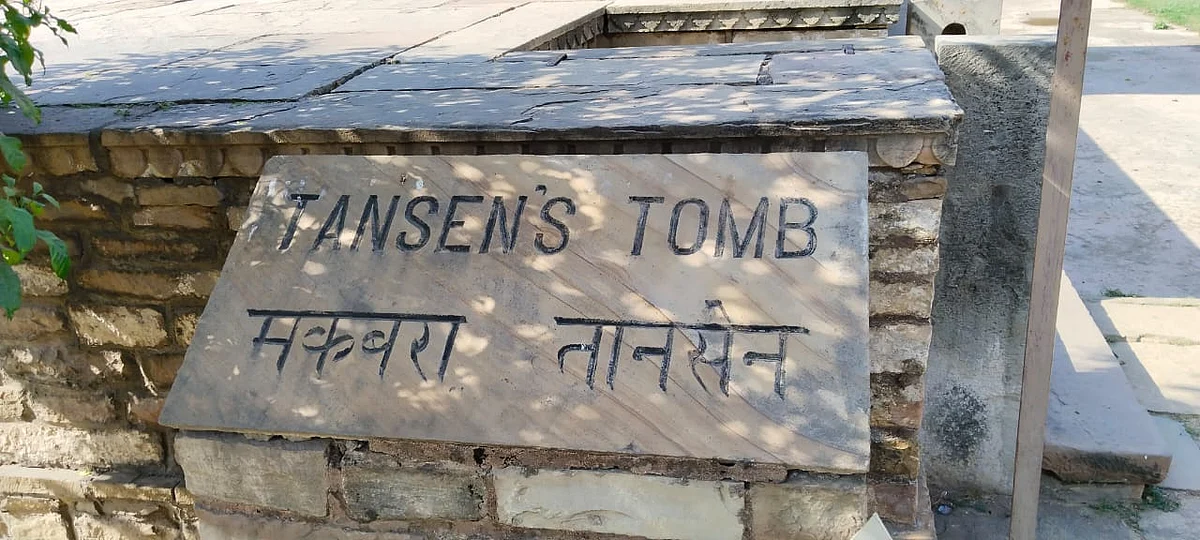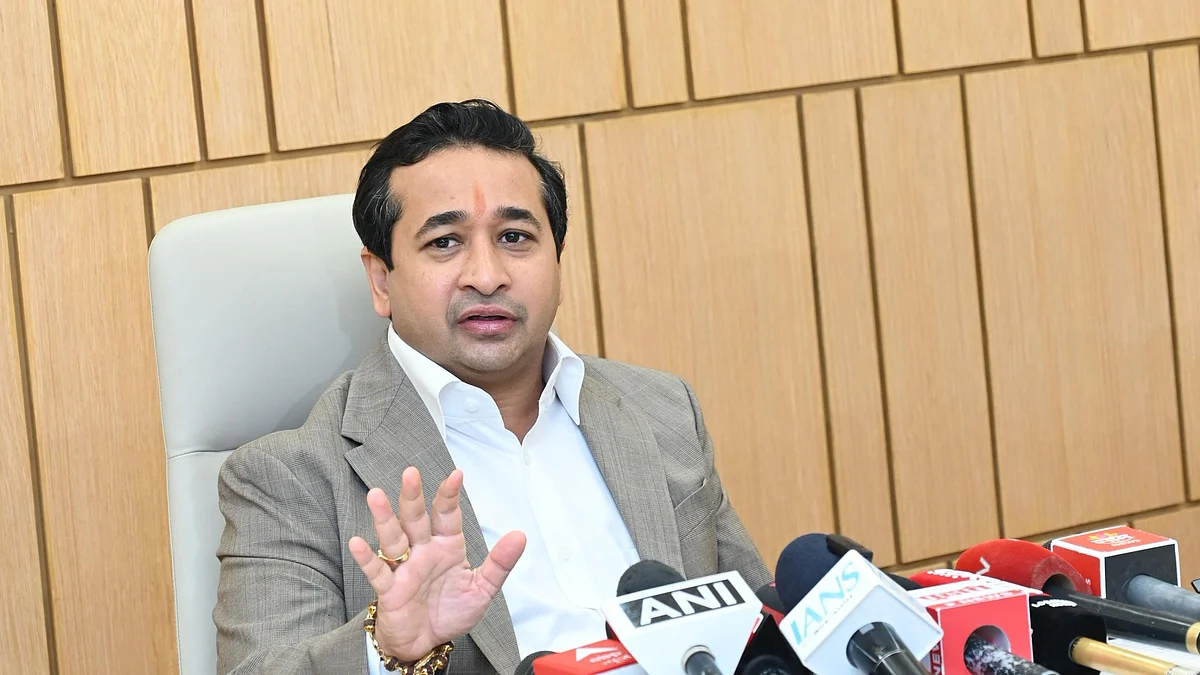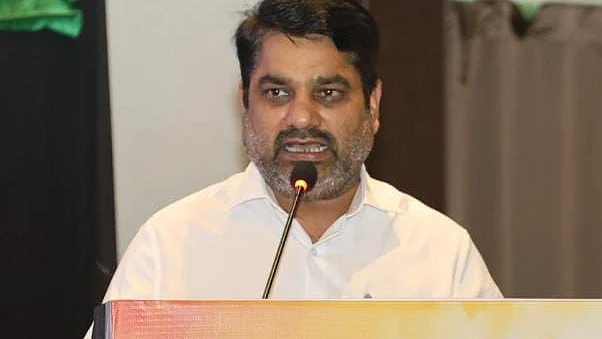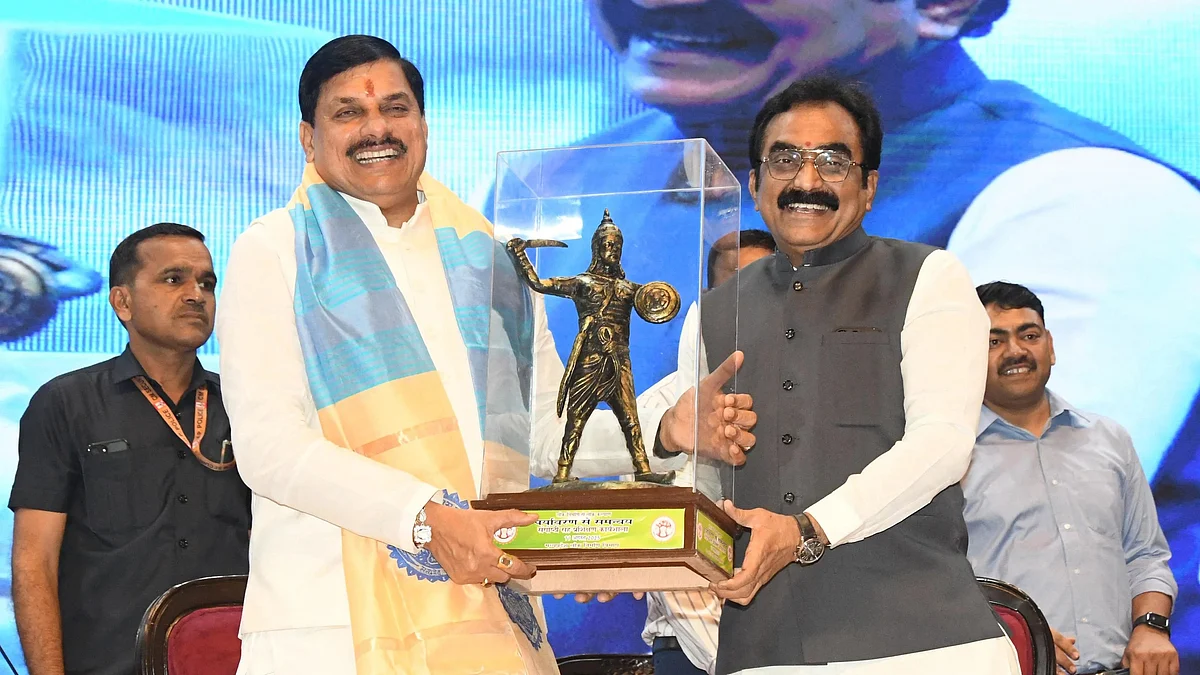Gwalior (Madhya Pradesh): UNESCO (United Nations Educational, Scientific and Cultural Organization) has recognized Gwalior, the birthplace of ‘Sangeet Samrat’ (music emperor) Tansen, as the City of Music.
On the occasion of 'World Cities Day' on October 31, UNESCO released the list of 55 such cities of the world, which have been included in the UNESCO Creative Cities Network. While Gwalior got a place in the category of music, Kerala’s name figured in the category of literature.
Union Minister Jyotiraditya Scindia described this achievement as a proud moment. He took to X (formerly Twitter) on Wednesday morning and wrote, “On the occasion of Madhya Pradesh Foundation Day, a proud historical moment for the state, especially the people of Gwalior.”

It is being said that Gwalior has got this title because of musicians like Baiju Bawra and Tansen.
Tansen was born in Behat village, about 45 km from Gwalior. He was one of the Navratnas of Akbar. Meanwhile, Baiju was a court singer of Raja Mansingh of Gwalior and the teacher of his music nursery. His real name was Baijnath Mishra.

FP Photo
UNESCO's criteria for 'City of music'
UNESCO's Cities of Music program is part of the wider Creative Cities Network. This network was launched in 2004. To be awarded the 'City of Music' title, cities have to meet certain criteria set by UNESCO.
Some of these criteria include being a recognized center for music production and activity, experience in hosting music festivals and events at national or international level, to promote the music industry in all its forms, music schools, conservatories, academies and higher education institutions specializing in music, informal structures for music education, including amateur choirs and orchestras, etc.











